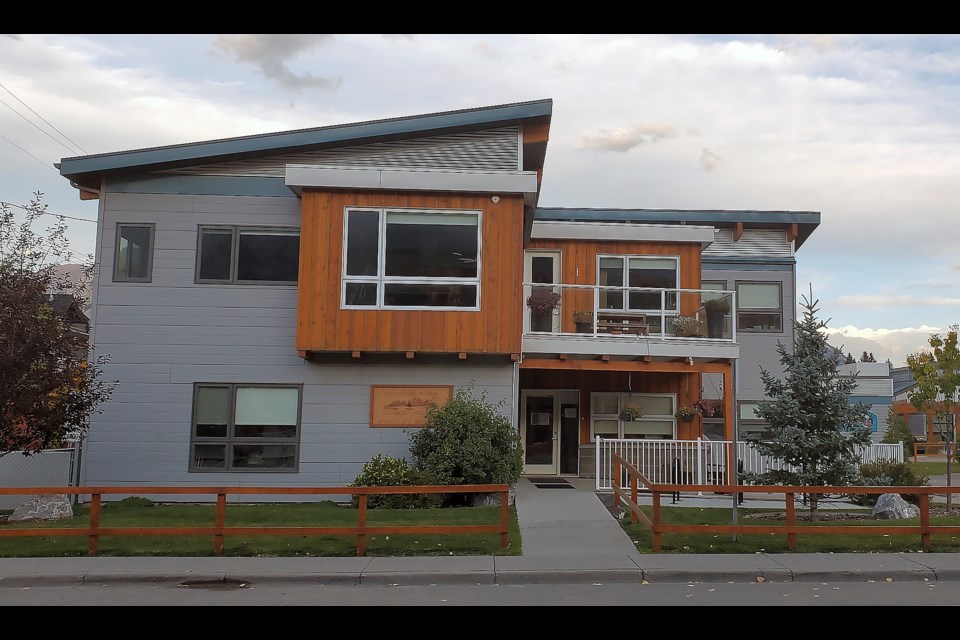CANMORE – More hosts are needed to house international students in Banff, Canmore and area next year.
Canadian Rockies Public Schools (CRPS) is trying to recruit at least eight more families into its homestay program as it’s expecting 47 international students in 2024-25, with 41 of those requiring a host.
“Right now, our student numbers usually float between 45 to 50 students each year depending on homestays. So, around this time of year, we’re always looking for homestays to solidify students for next year because we don’t want to accept students that we don’t have a home for,” said CRPS superintendent Chris MacPhee.
“In theory, we could take triple this number, but we just don’t have that number of homestays.”
In 2024-25, 15 nationalities are expected to be represented in the international student program, from Germany, Italy, Japan, Denmark, Finland, Brazil and others. For the first time, a student from Australia was welcomed into the program this year, and at least one more Australian student is scheduled to arrive next year.
While 2024-25 is expected to be one of the school division’s most diverse years to date with the international program, the number of international students enrolled so far is down slightly from recent years.
There were 56 students, with 53 requiring hosts in 2022-23, and in 2023-24, there were 51 students, with 41 students requiring homestay.
MacPhee said program hosts range from single parents to families with older students in university. However, some of those families have recently transitioned away from the homestay program for reasons such as selling their homes, moving out of the Bow Valley, or retiring.
“We lost three families like that last year and all those families were taking two international students each. The long-term host families that are moving and selling their properties – because of the high cost of living or because they’re getting such a high dollar value for the sale of their property to relocate elsewhere – we have to begin to replace them.”
The homestay program allows hosts to house high school-aged international students for five- or 10-month commitments, per semester or for the full school year. Hosts must provide each student with a private bedroom with a desk, closet, window, private or shared bathroom and living space to be shared with the host family, along with three meals a day, snacks, and integration into family life.
In 2024-25, $1,300 per month will be paid to hosts to help with these expenses. It's $1,300 this year too.
CRPS assistant superintendent Debbie McKibbin said her family has hosted nine students over the years and spoke highly of the homestay program.
“We really enjoy providing an opportunity for very keen, enthusiastic students who wholeheartedly embrace the Canadian culture, improving their English and it’s been a phenomenal experience for my family,” she said.
“I’ve had students return and received many invitations to go and visit them and their families around the world … It’s all about the relationships and connections that you make.”
The program also brings in additional revenue for CRPS through enrollment fees, as well as additional unique programs offered by the school division, including its Wilderness Inspired Leadership Development (WILD) program and ski academy, which together will earn CRPS a total $213,000 through 2024-25 registrations.
The school division plans to explore new marketing strategies like radio and newspaper advertising, along with community outreach efforts to seek out additional host families.
In the last 10 years, CRPS has hosted 496 international students, averaging about 50 students per year, with about 39 of those being full-time students from September to June. CRPS has welcomed over 900 students from over 20 countries since the international student program’s inception in 1995.
The Local Journalism Initiative is funded by the Government of Canada. The position covers Îyârhe (Stoney) Nakoda First Nation and Kananaskis Country.




